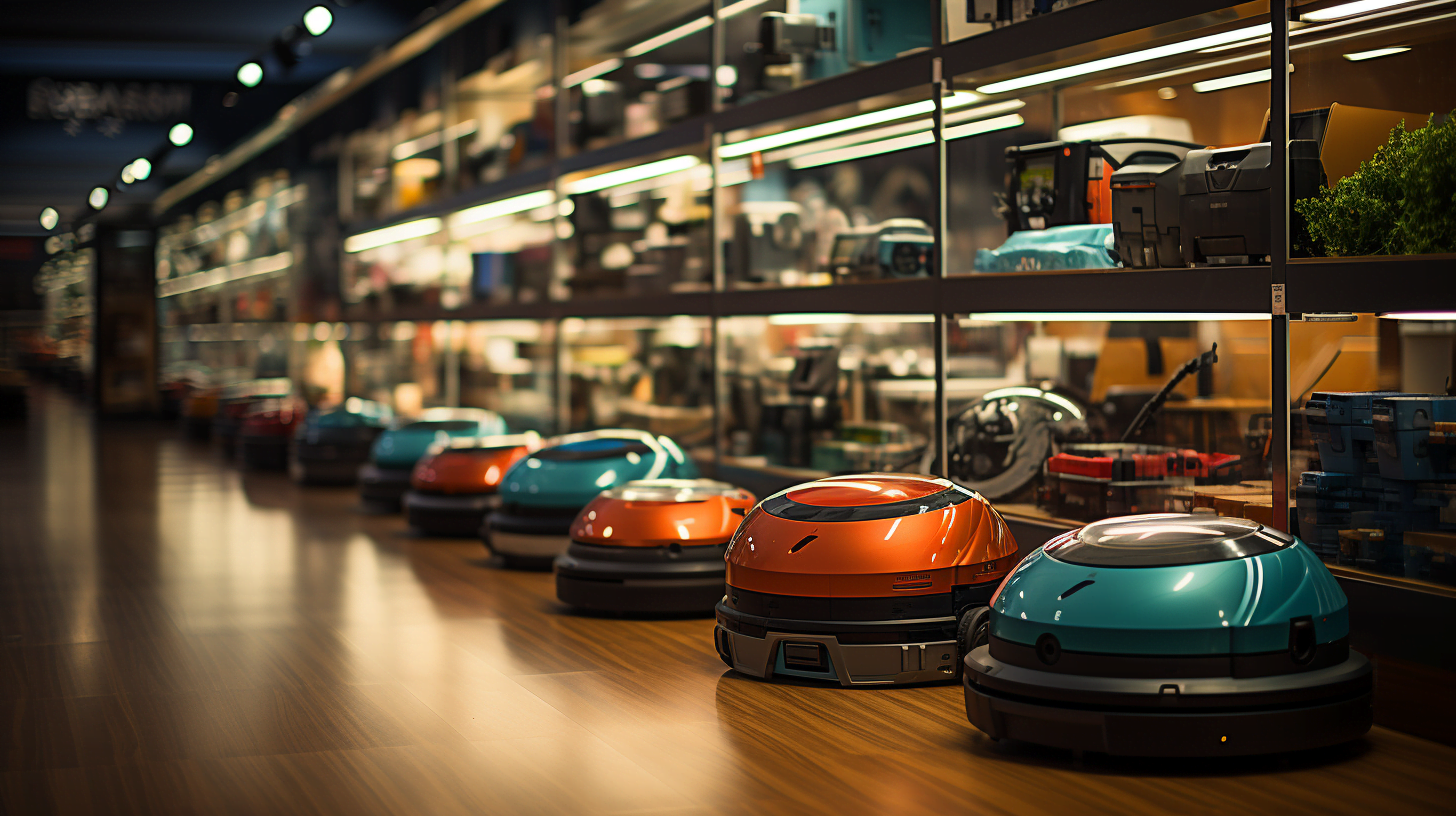Given the increasing need for smart home appliances, running a business selling robot vacuum cleaners can be profitable. However, its unique set of challenges and peculiarities require strategic planning and execution. This article explores the distinctive aspects of operating a business in this industry. Apart from knowing these aspects, it is advisable to be well-versed in the features of modern models and read robot vacuum comparison reviews.
Technological Advancements
Rapid technological advancements characterize the robot vacuum cleaner industry. New models are frequently introduced with enhanced features such as increased suction power, advanced navigation systems, longer battery life, and integration with smart home systems. Keeping up with these advancements and understanding their implications is crucial for businesses in this sector to stay competitive.
High Customer Expectations
Customers who invest in robot vacuum cleaners have high expectations. They anticipate a product that cleans efficiently and fits seamlessly into their lifestyle. This could involve compatibility with other smart devices in their home or specific features like pet hair removal. Meeting these expectations needs a deep understanding of customer needs and preferences. For this, you can read comparative reviews to know, for example, what is more often chosen – Roomba J9 or J7.
Product Knowledge and Education
Robot vacuum cleaners are complex devices. Customers often need detailed explanations about how these products work, including maintenance, potential issues, and troubleshooting. Businesses selling these products must, therefore, have a thorough product knowledge and be able to educate customers effectively.

After-Sales Service
Given their complexity and cost, robot vacuum cleaners often require after-sales service. This can range from regular maintenance to repairs and part replacements. Offering efficient after-sales service can enhance customer satisfaction and lead to repeat business.
Competition and Differentiation
The market for robot vacuum cleaners is increasingly competitive, with multiple brands offering a variety of models. Businesses need to differentiate themselves, whether through their products, pricing, or customer service. Specialization in a specific niche, such as vacuums for pet owners or high-end models, can be an effective differentiation strategy.
Market Trends
Like any other tech-driven industry, the robot vacuum cleaner market is influenced by trends. For instance, there’s a growing interest in products that use AI and machine learning for better navigation and cleaning efficiency. Staying abreast of these trends can help businesses align their product offerings with customer demand.
Running a business selling robot vacuum cleaners offers significant opportunities but comes with unique challenges. Understanding these peculiarities can help businesses navigate this dynamic market and discover a successful niche.
